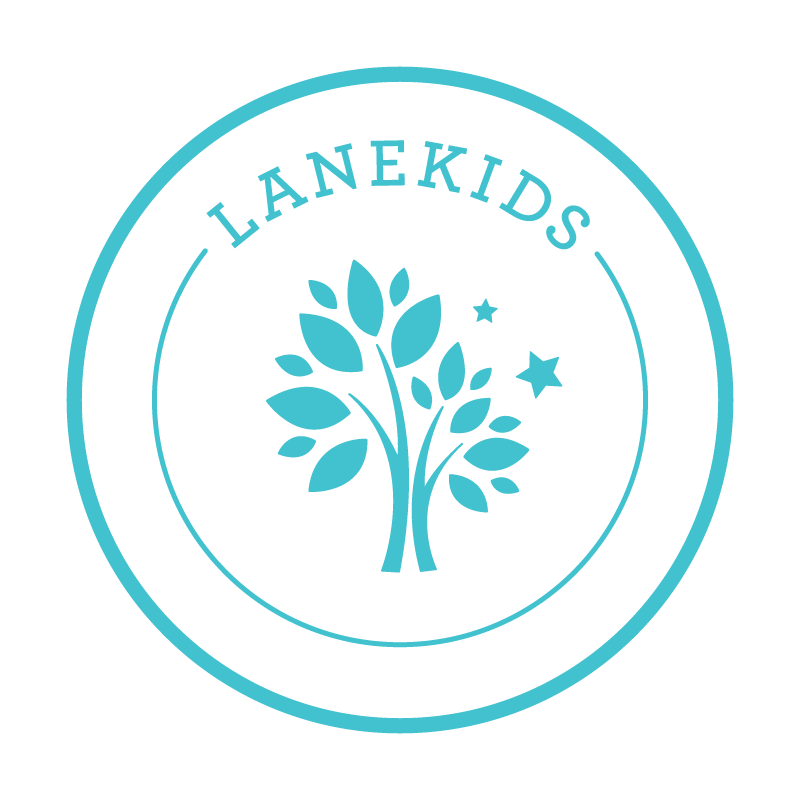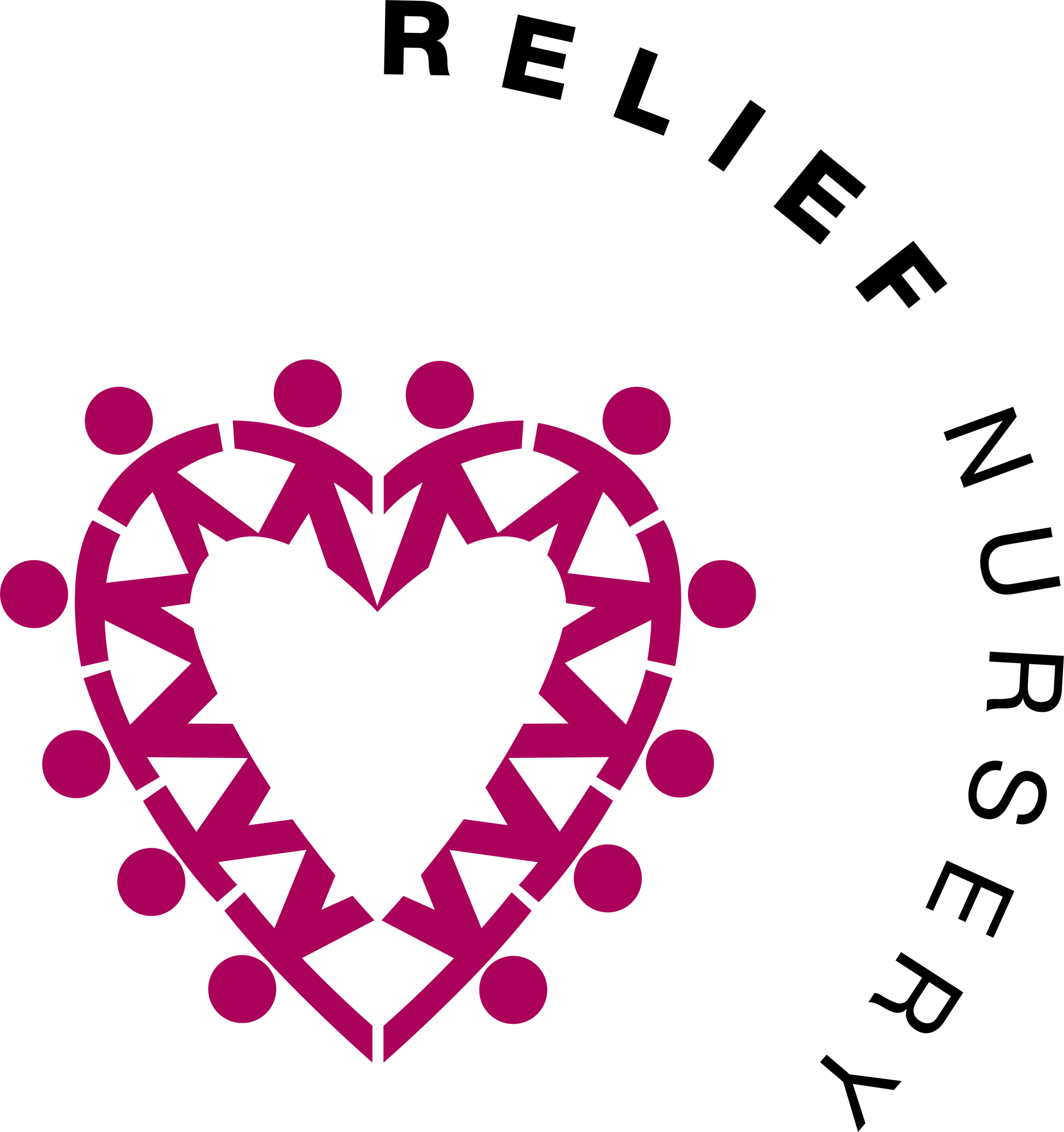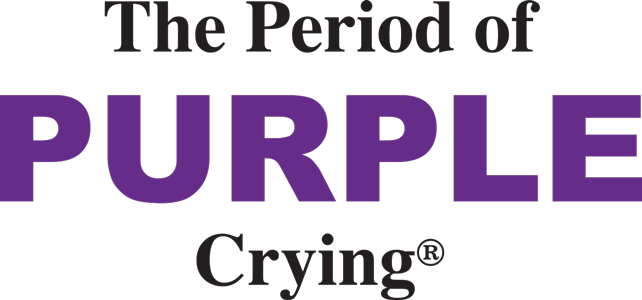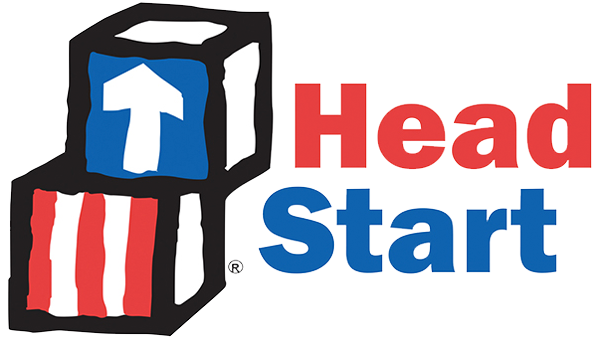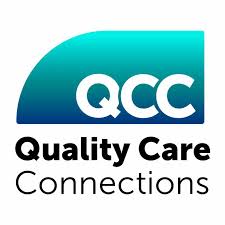What Role Can Child Care Providers Play?
Outside the family, no one has more contact with young children than child care providers. Your relationships with children and families are unique – especially when you care for children over a significant period of time.
Child care providers:
You model behaviors for children and families that they may adopt at home, from demonstrating empathy to showing how to provide physical care to setting boundaries.
Since you are most likely seen by parents as allies, your feedback or referrals to families may be more likely to be welcomed, not resented.
What Can You Do?
Share information about child development when you see or suspect that parents have unrealistic expectations of their children’s behavior.
The American Academy of Pediatrics’ HealthyChildren.org has information on kids of every age, or check out some of the resources at LaneKids or Parenting Now.
Acknowledge your role can be tricky.
You’re often the first to notice neglect or abuse, placing you in incredibly difficult situations as you decide whether what you see is placing a child in enough threat of harm to report the family to child protective services – a move that can result in ending your relationship with the family. This guide from DHS gives you more information on making a report and the process that follows.
Normalize infant crying.
Watch and share with parents The Period of PURPLE Crying, which explains crying as a stage of the infant development process and reduces the frustration that can lead to “shaken baby syndrome.”
Be a resource to families.
Have a good working knowledge of local resources so you can be a source of information for families. Help connect parents with specific needs to the appropriate organization. If possible, make a “warm referral” – offer to contact the group yourself to make reaching out less intimidating. Parenting Now’s resource guide offers a wealth of information on everything from mental health to financial assistance.
Take that extra step.
As mandatory reporters, you know you have to report cases of suspected abuse - but since many cases are not investigated and neglect is even more common than physical abuse, your efforts to connect families with resources can go a long way. Parents can benefit greatly from your referrals to agencies like the Relief Nursery or Safe Families for Children, which assist parents in times of crisis.
Connect with family resource centers.
Refer parents to a resource center in their area for extra assistance.
Watch this TEDx video from Dr. Brenda Fitzgerald on how simply talking to babies and toddlers nourishes their brains and sets them up for better performance in school and life.
Attend trainings - and share what you learn.
Take advantage of training opportunities that include trauma informed care, child abuse assessment, parental resiliency, and supporting families in crisis. LCC’s Quality Care Connections is a great place to find upcoming trainings on everything from CPR to dealing with disruptive behavior to becoming a Registered Family Child Care Provider.
Engage with families.
Learn from Head Start about how to create positive professional and relationships with the families you work with, especially children who are dual-language learners. Head Start also offers resources on culturally appropriate support for families.
Be there for all the kids you care for.
Learn more about how to work with children with disabilities and how to create inclusive environments and enrich activities for children with specific learning needs.
Learn more about Early Childhood CARES, which provides early intervention and early childhood special education for newborns through age 5.
Hone your expertise
Through the Spark process, early learning and development programs receive a star rating available to parents. Going through the Spark process helps you to continuously improve the quality of your program for the families and children you serve.The Quality Rating System recognizes, rewards and builds on what your childcare center is already doing well - and connects programs and providers with free tools, financial incentives and professional advice that they can put into practice with confidence. Spark is based on the Oregon Registry Steps, a sequence of twelve steps based on training and education in the childhood care and education field.
Join 5,000 Strong
Join 5,000 Strong, a campaign by Friends of 90by30 to raise funds for and awareness of 90by30’s work. One key way to be part of 5,000 Strong is to share your commitment with your friends, family, and clients.

